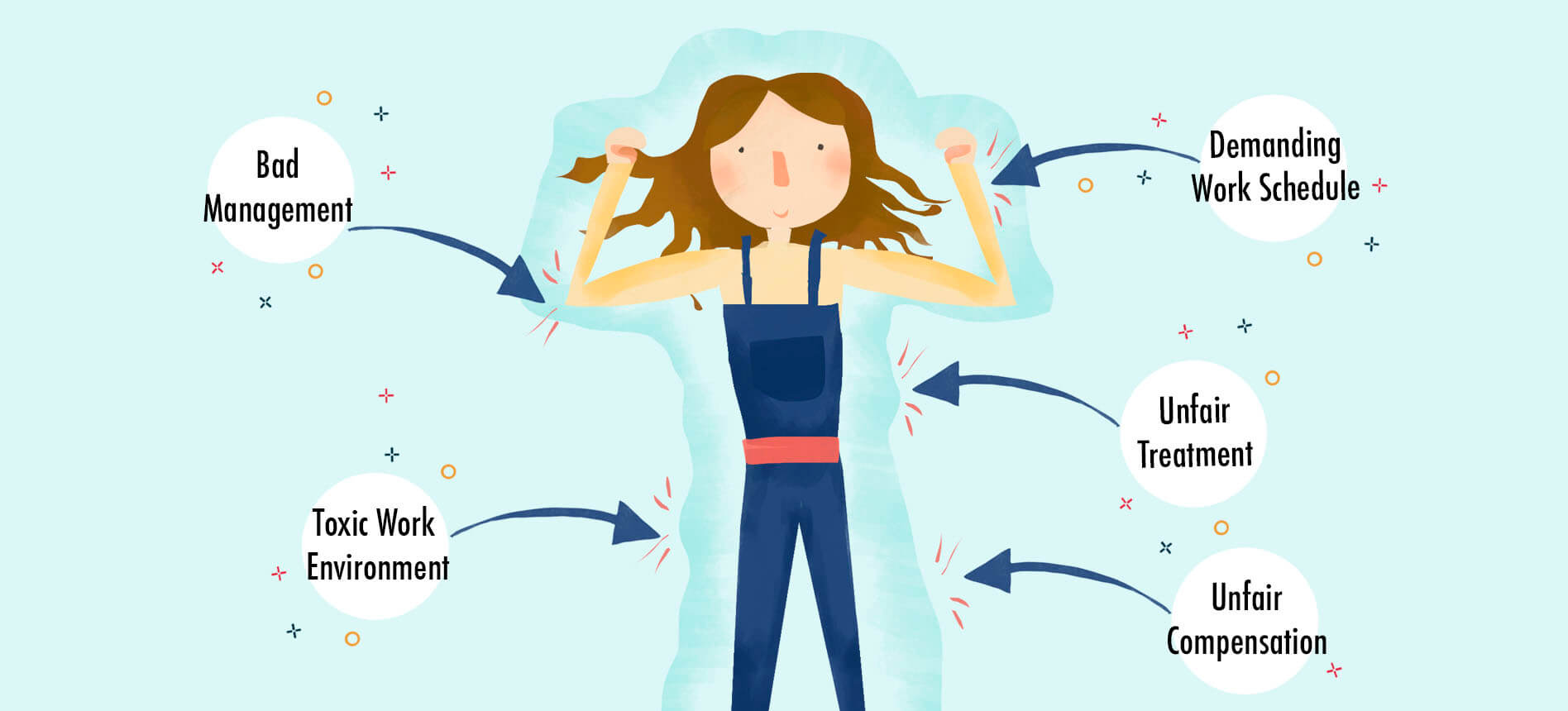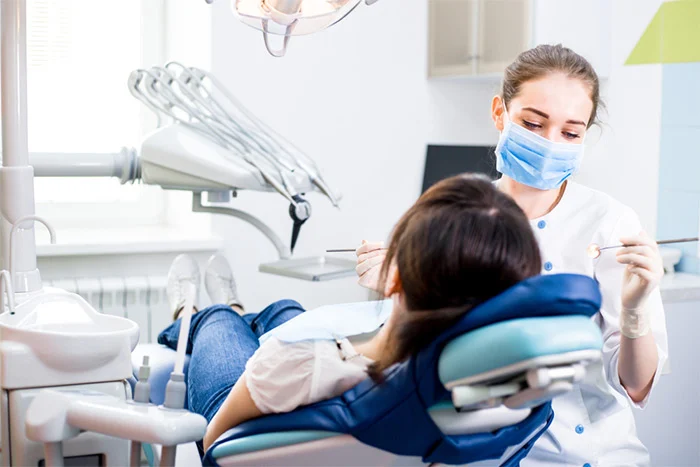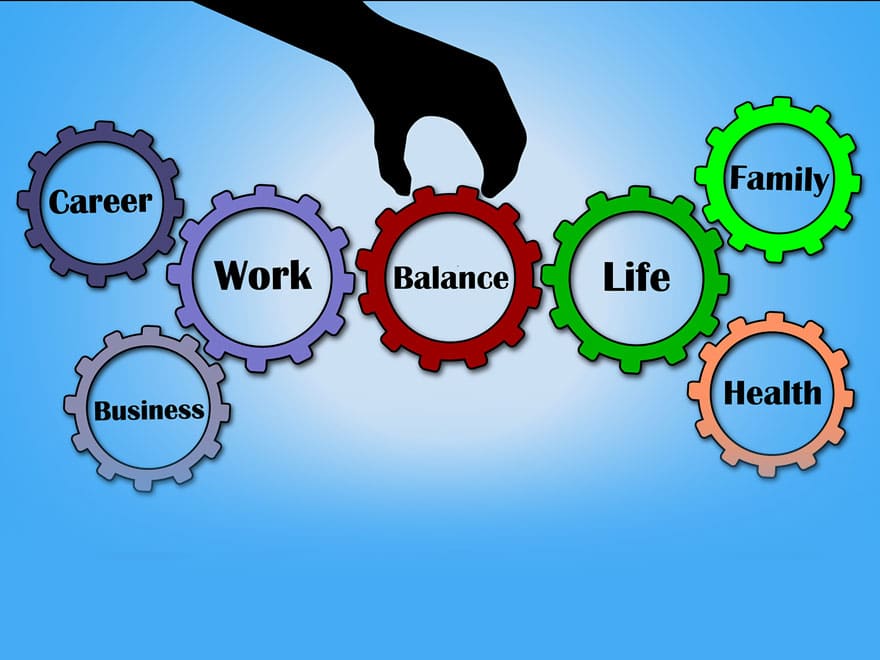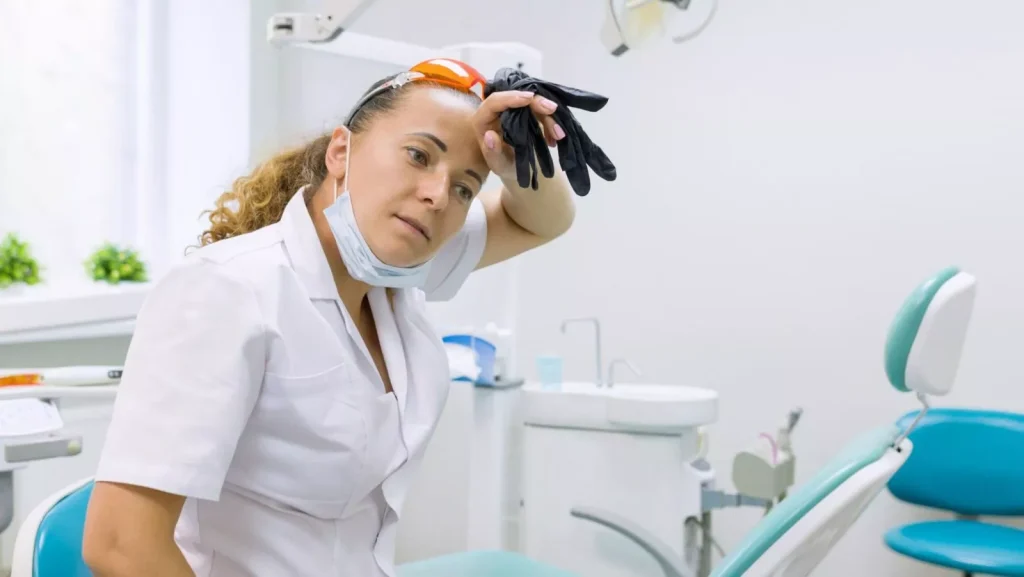Navigating a rewarding dental hygiene career comes with unique challenges and perks—especially when it comes to balancing work and life. Many dental hygienists are drawn to this field for its flexibility, steady income, and the ability to tailor schedules around personal commitments. If you’re considering this path or want to improve your current situation, understanding the realities of the role is key. Achieving a healthy work life balance is possible, and this guide is here to show you how.
What Does Work-Life Balance Mean for Dental Hygienists?
For a dental hygienist, work-life balance isn’t just about clocking out on time. It’s about creating a schedule that supports your financial goals, personal well-being, and family needs. It’s the ability to work three days a week to be home for your kids, or to pick up extra shifts when you’re saving for a big goal. This field offers a unique blend of structure and freedom that many other professions lack.
Defining Flexibility in Dental Hygiene Roles
Flexibility is a major draw for this career. You aren’t typically tied to a rigid 9-to-5, five-day workweek unless you want to be. Many dental practices need hygienists for different hours, which opens up opportunities for:
- Part-time positions: Working two or three days a week is very common and allows for significant time for family, hobbies, or other pursuits.
- Split shifts: Some offices offer hours that can accommodate personal appointments or school drop-offs.
- Per diem or temp work: You can work on-demand, filling in at various offices when you choose. This gives you ultimate control over your schedule.

Work-Life Balance Challenges Unique to Dentistry
Of course, the job isn’t without its difficulties. The role of a dental hygienist is physically demanding. You spend hours leaning over patients, which can lead to back, neck, and wrist strain. There’s also an emotional component—dealing with anxious patients and the pressure to stay on schedule requires patience and energy. It’s a challenge that many in healthcare face, not unlike the struggle for a good work life balance for nurses.
Typical Schedules and Flexibility—What to Expect
One of the best parts of being a dental hygienist is the variety of scheduling options. While a full-time hygienist might work around 32-40 hours a week, many choose different arrangements. Three-day workweeks are popular, giving you a four-day weekend every week. Others might work four shorter days to be home by the afternoon. The key is finding a dental practice whose needs align with your own.
Part-Time Versus Full-Time: Pros and Cons
Choosing between part-time and full-time work is a personal decision based on your priorities.
- Full-Time: Often comes with better benefits like health insurance, paid time off, and retirement plans. It provides a steady, higher income but leaves less time for personal activities.
- Part-Time: Offers maximum flexibility. It’s ideal for working parents, students, or anyone wanting to avoid burnout. The trade-off is often fewer benefits and a lower overall income, though the hourly pay remains high.
On-Demand and Per Diem Work in Dental Hygiene
The “gig economy” has officially reached the dental world. Digital staffing platforms and temp agencies make it easier than ever to work as a per diem hygienist. This model is a game-changer for those who need ultimate control. You can pick up shifts that fit perfectly around your life, whether that’s working only on Tuesdays or taking the entire summer off. It’s an incredible option for parents who need to align their work with school schedules.
Burnout, Stress, and How to Prevent Them
Burnout is a real risk in any healthcare role. For dental hygienists, it often stems from high patient volume, physical fatigue, and feeling like you’re on a constant time crunch. Preventing it requires being proactive about your well-being. This means advocating for yourself at work and prioritizing rest outside of it.

Physical Health and Well-being
Your body is your most important tool. Protecting it is non-negotiable.
- Ergonomics: Use saddle chairs, get properly fitted loupes, and learn to maintain neutral posture.
- Stretching: Take a few minutes between patients to stretch your back, neck, and hands.
- Regular Exercise: Strengthening your core and back muscles outside of work provides essential support for your body during the workday.
Setting Professional and Personal Boundaries
It’s okay to say no. If a practice consistently asks you to work through lunch or stay late, it’s important to set boundaries. Communicate your needs clearly and professionally. At home, protect your downtime. Avoid bringing work stress home with you and make time for activities that recharge you.
Balancing a Dental Hygiene Career with Parenting or Caregiving
For working parents, dental hygiene can be a fantastic career choice. The scheduling flexibility is a huge asset when juggling school events, sick days, and childcare. This is a field where finding a good work life balance for women is not just a dream, but an achievable reality for many.

Home Management and Scheduling for Working Parents
Success as a working parent often comes down to organization.
- Shared Calendars: Use a digital calendar with your partner to coordinate appointments and childcare.
- Meal Prep: Dedicate a few hours on your day off to prep meals for the week.
- Build Your Village: Don’t be afraid to ask for help from family, friends, or neighbors.
Professional Networking and Community Support
Connect with other dental hygienists who are also parents. Online forums and local study clubs are great places to share tips, find emotional support, and even get leads on family-friendly job openings. Knowing you’re not alone makes a world of difference.
Strategies for Achieving and Maintaining Your Ideal Balance
Ready to take control? Here’s a simple plan:

- Assess Your Priorities: What does your ideal week look like? How many hours do you really want to work? Be honest with yourself.
- Communicate Your Needs: During job interviews or performance reviews, be clear about your scheduling needs and professional goals.
- Explore Your Options: Don’t limit yourself to one full-time job. Consider working part-time at two different offices or signing up with a temp agency to see what’s out there.
- Invest in Self-Care: Schedule time for yourself just as you would a patient appointment. Whether it’s a yoga class or just a quiet cup of coffee, make it a priority.
Ultimately, creating a sustainable dental hygienist work-life balance is an ongoing process of aligning your career with your personal values. For more insights on building a fulfilling life, be sure to explore other topics here at www.notonetype.org.


Có thể bạn quan tâm
Work-Life Balance for Teachers: Real Tips for a Healthier Career
Balancing the demands of teaching with personal well-being is one of the biggest challenges educators...
Nov
Work-Life Balance for Nurses: Real Tips & Strategies
Achieving work-life balance is a top challenge for nurses in today’s fast-paced healthcare settings. We’ve...
Nov
Work Life Balance for Women: Top Tips & Strategies for 2025
It feels like we’re told to do it all, doesn’t it? Build a career, raise...
Nov
Work-Life Balance for Doctors: Real Tips & Challenges
Finding a sense of work-life balance can feel like a moving target for almost anyone,...
Nov
Work-Life Balance: How to Truly Achieve It in 2025
Work-life balance is more than a buzzword—it’s a daily challenge for professionals who want career...
Nov